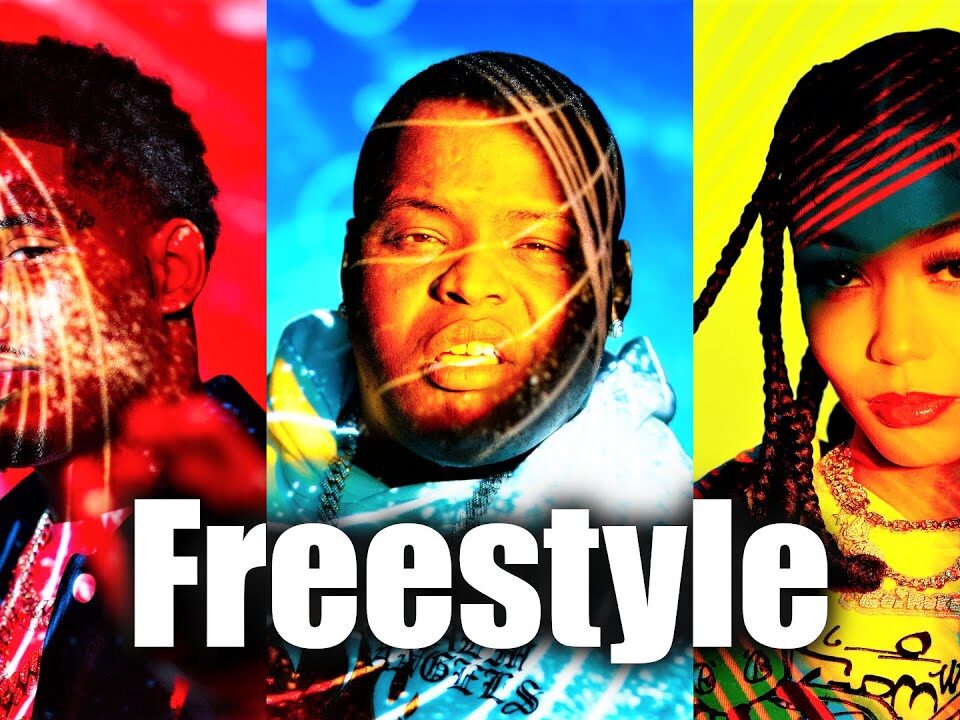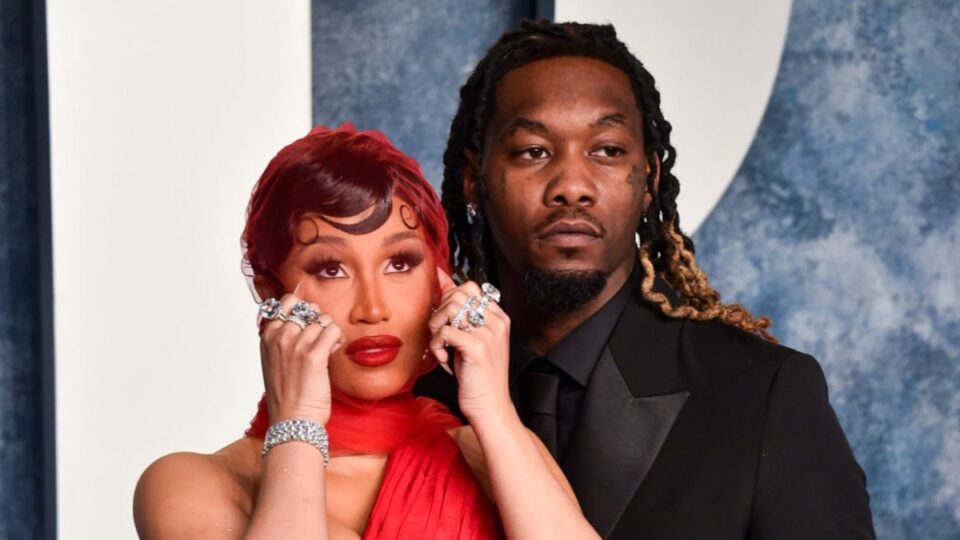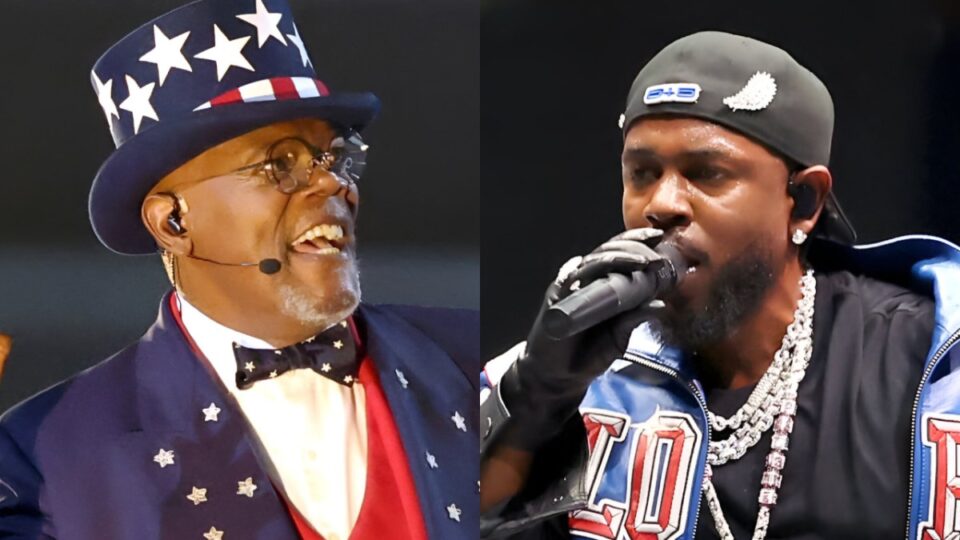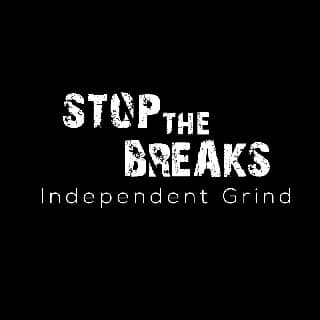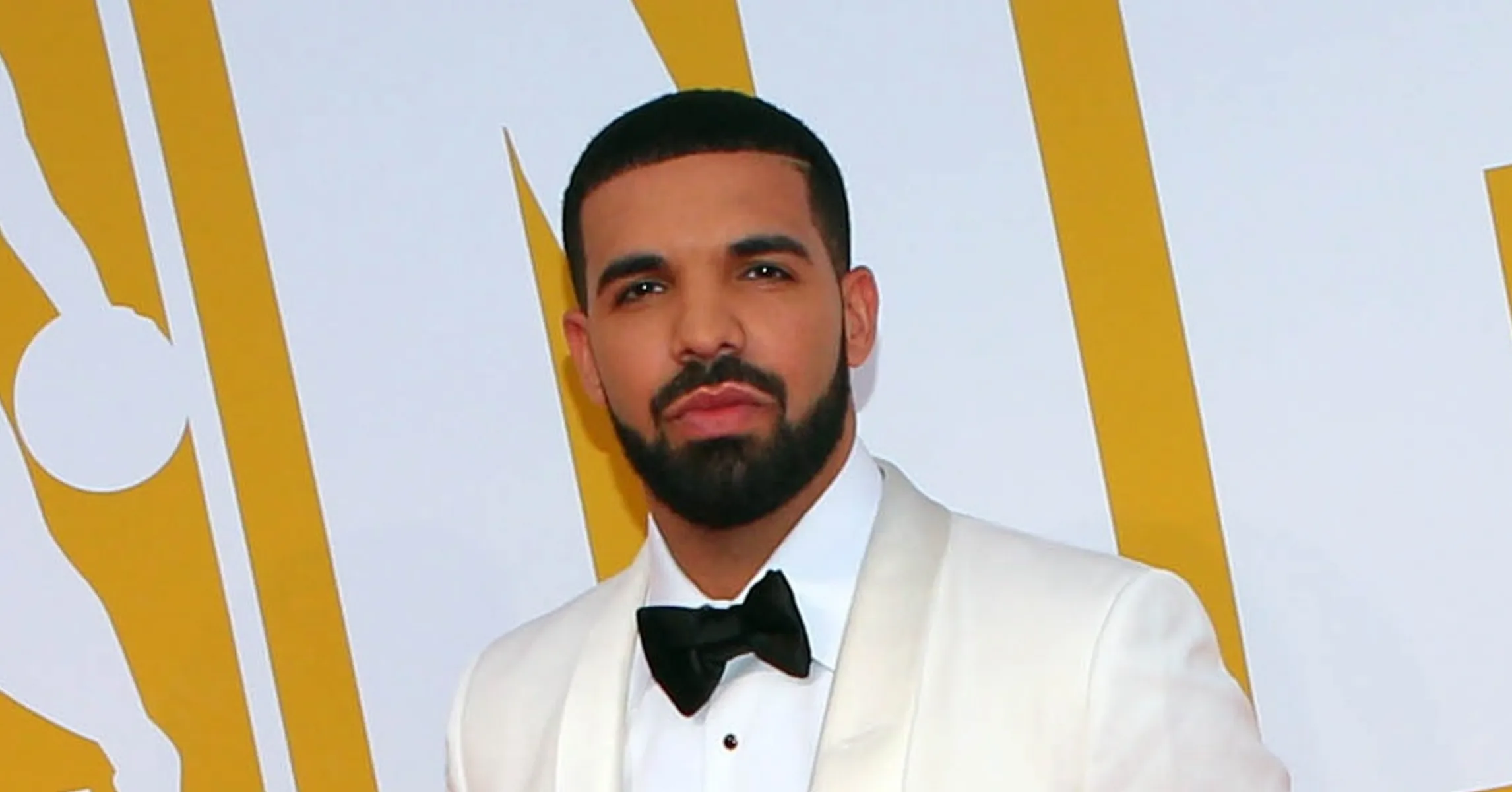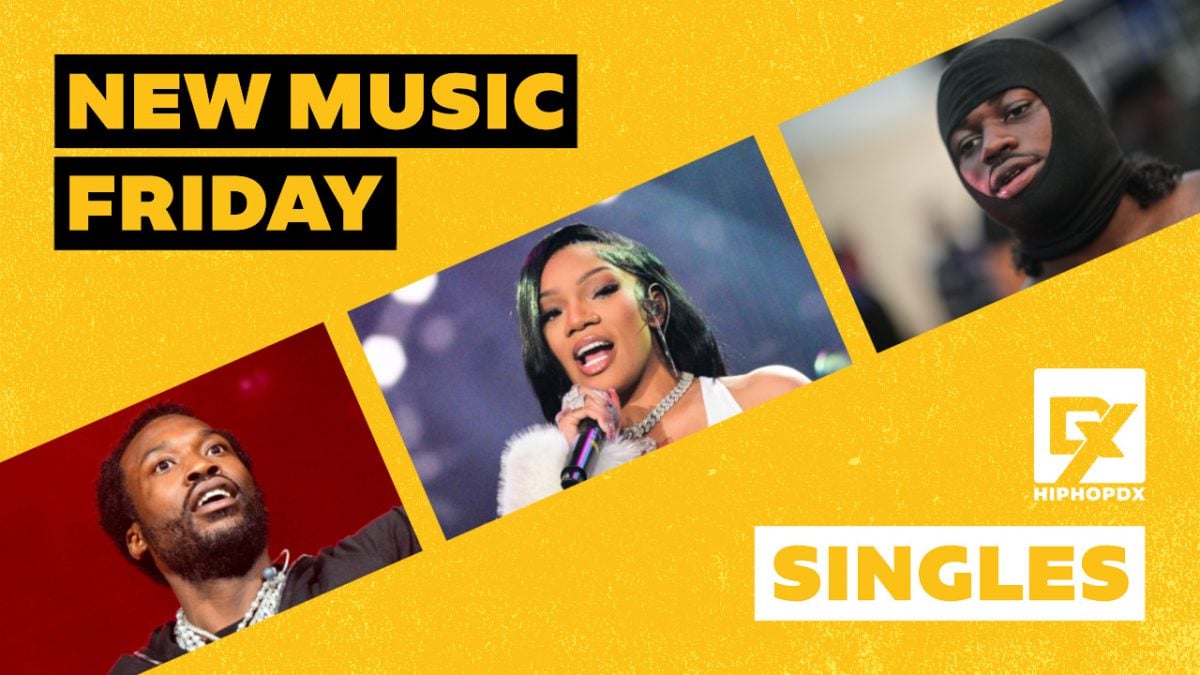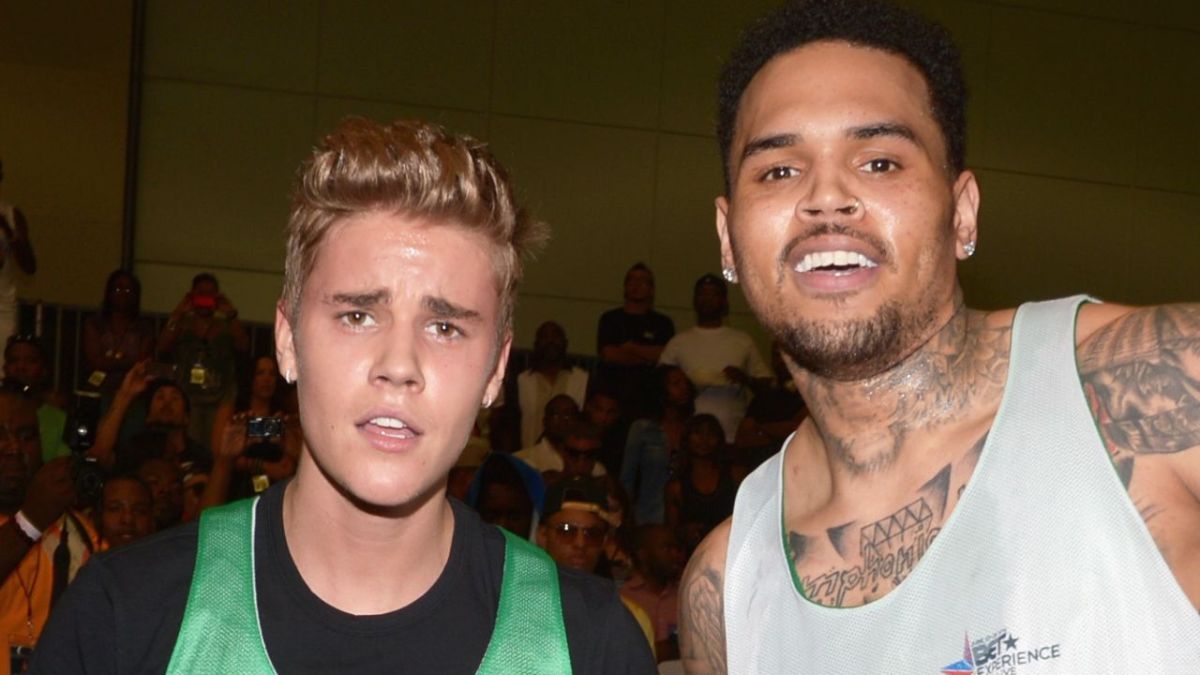The 10 out of 11 rookie rappers have showcased their a cappella freestyles, with one notable exception—someone skipped out. Thus, sparking conversations not only about individual performances but also about what it means to be part of this platform.
In a whirlwind of performances, the focus turns to the one who got away—Ian Dior. His absence from the cipher and freestyle sessions left many puzzled, appearing only in front of a green screen. This move raised eyebrows as critics questioned why he would pass on the opportunity to showcase his talent on such a significant platform. The absence turned the spotlight to him in a rather negative light, leaving some to deem his actions as arrogant and a missed opportunity for exposure.
Meanwhile, other freshmen stepped up to the plate, delivering a variety of styles and energies, though not all impressive. 42 Dugg found himself at the bottom of the list, criticized not just for his less than stellar freestyle but also for his redundant and uninspired lyrics. The rhymes were so simple and repetitive that they barely qualified as creative, and his low energy didn’t help. It was as if the verses were recycled nursery rhymes with a focus on money and women.
Pou Shiesty didn’t fare much better. His 29-second freestyle felt hollow, with generic rhymes and no substantial content to speak of. Adding spectacle to his performance by throwing money, he seemed more interested in the theatrics than the content of his lyrics. Although his performance fell short, it was perhaps less about talent and more about the lack of depth in his freestyle.
Coi Leray took a different approach and stuck to a melodic style. While her performance did not impress on a technical level, her voice and energy gave some life to her set. Despite drawing from an unreleased song rather than a true freestyle, her execution brought a fresh tone to the stage, albeit without the storytelling finesse one might hope for.
Flo Milli and DDG both struggled to leave a lasting impression. Flo Milli, with her ever-consistent sound, didn’t shy away from her signature boasts about wealth. Her rhyme schemes lacked variety, and her lyrics seemed repetitive. DDG, on the other hand, attempted to blend speed and lyrical complexity but sometimes at the cost of coherence and content. His verses read like a patchwork of lines that barely held together, lacking the improvisational spirit expected in these settings.
In an unexpected twist, Morray delivered with impressive cadence and energy. Yet, his lines often repeated familiar narratives, leaving audiences with a sense of déjà vu. His storytelling, built around beats, evoked strong emotions but fell into clichés about defying expectations and rising against odds.
Lakia, however, brought a refreshing edge with sophisticated rhyme schemes and flowed effortlessly through her verse, proving herself as a standout among the crowd. Her freestyled braggadocio and energy commanded attention, finishing both strong and memorable, providing glimpses of what might lie in store for her future endeavors.
Finally, Blxst stole the show with an engaging mix of storytelling and wordplay. His punchlines landed well, and he demonstrated a unique ability to intertwine energetic performance with lyrical depth. Even as he snapped his fingers to keep a beat, Blxst kept the focus on his storytelling, wrapping up an intriguing performance that tied his roots to the present while nodding to the legends who inspired him.
The freestyle sessions offered a mixed bag of performances, ranging from lackluster to promising. Some rookies seized the stage, showcasing lyrical finesse, while others’ shortcomings became apparent. As the dust settles, these young artists are left reflecting on the impact of their debut spotlight moments.
